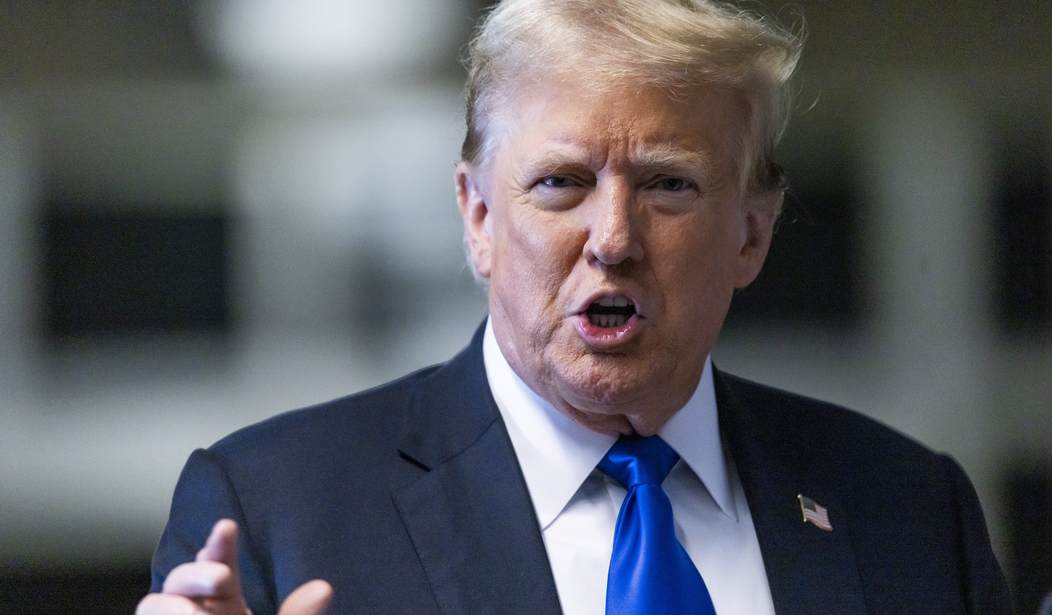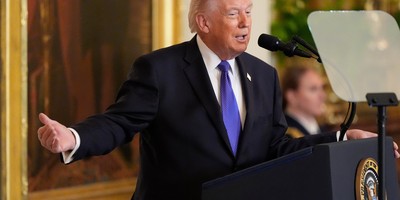In a surprising and strategic move, former President Donald Trump has joined TikTok, aiming to reach young voters ahead of the November election. This decision to join the platform comes despite his previous efforts to ban TikTok in the United States unless there was a divestment of its Chinese Communist Party (CCP) ownership.
Trump’s foray into TikTok raises significant questions about the implications for free speech, especially political speech of a candidate in the middle of a national campaign for the Presidency. Given Trump’s past experiences with traditional and social media censorship and the platform's direct ties to the CCP, this will be a true test of the First Amendment.
MAGA’s history with social media platforms like Twitter (X) and Facebook (Meta), which banned them often including Trump himself, citing violations of their policies, serves as a stark reminder of the fragility of free speech in the digital age. These social media bans, combined with biased traditional media reporting, restricted Trump’s ability to communicate directly with the public, a move that many argued infringed upon his First Amendment rights. The ease with which American tech companies silenced a sitting president should serve as a warning about the potential risks of engaging with a platform under the influence of the CCP, which has no obligation to uphold principles of free speech.
President Biden, who signed legislation in April aimed at forcing ByteDance (TikTok’s parent company) to divest its ownership or face a nationwide ban, has also grappled with the platform’s controversial ownership. This legislation underscores the bipartisan concerns about TikTok's data privacy and national security risks, even as Biden's campaign also continues to engage with influencers on the platform.
Recommended
The push for divestment is rooted in legitimate security concerns. TikTok's Chinese ownership presents potential risks of data exploitation and surveillance, issues that cannot be taken lightly given China’s history of espionage. However, this legislation also highlights the complexities of balancing national security with the preservation of individual freedoms. While proponents of a TikTok ban argue that divestment is a necessary measure to protect American users, opponents see it as a coercive overreach that threatens free expression.
Trump's use of TikTok is a strategic move to connect with young voters, a key demographic, but it also places him at the mercy of a platform controlled by an adversarial government. I suppose based on his treatment by the justice system in the United States, Trump may be getting used to fighting against governments to defend his right to free speech!
The CCP has no qualms about censorship and could easily suppress content that contradicts its interests – the exact same way that the media and social platforms have done to Trump already. If Trump’s content displeases TikTok’s owners, they could ban him just as swiftly as American tech companies did, with even less regard for his Constitutional rights.
The debate over TikTok's ownership and access is a symptom of a larger technical problem, the need to protect national security while preserving the fundamental rights enshrined in the First Amendment. The United States must navigate this delicate balance carefully. The potential for government overreach in regulating social media platforms poses a significant threat to free expression. Granting authorities unchecked power to control speech under the guise of national security could set a dangerous precedent, leading to widespread censorship and the suppression of dissent.
Trump’s engagement with TikTok highlights the importance of addressing these issues thoughtfully. While security threats must be mitigated, any measures taken should not compromise the principles of free speech and due process. The challenge lies in finding nuanced solutions that protect both national security and individual liberties.
The United States has long prided itself on its commitment to protecting citizens' rights to express themselves freely, even in the face of competing governmental interests. Further, considering the popularity of TikTok among Americans it is crucial to recognize the platform's role as a space for free expression and cultural exchange throughout the United States and globally.
As the battle over TikTok’s future continues, it serves as a reminder of the need to safeguard digital rights and ensure that free expression remains a cornerstone of the United Stares.
The question remains: Will Trump’s bold move bring free speech to TikTok, or will it expose the vulnerabilities of engaging with a platform controlled by foreign big tech subject to adversarial CCP regulation? Only time will tell, but one thing is certain – the outcome will have profound implications for the future of digital rights and the preservation of free expression in the United States and beyond.
Trump’s presence on TikTok is more than a campaign strategy, it’s a test of our commitment to these fundamental principles of free speech in the digital age.
Shaun McCutcheon is a Free Speech advocate, an Alabama-based electrical engineer, the founder of Multipolar, and was the successful plaintiff in the 2014 Supreme Court case McCutcheon v. FEC.

























Join the conversation as a VIP Member